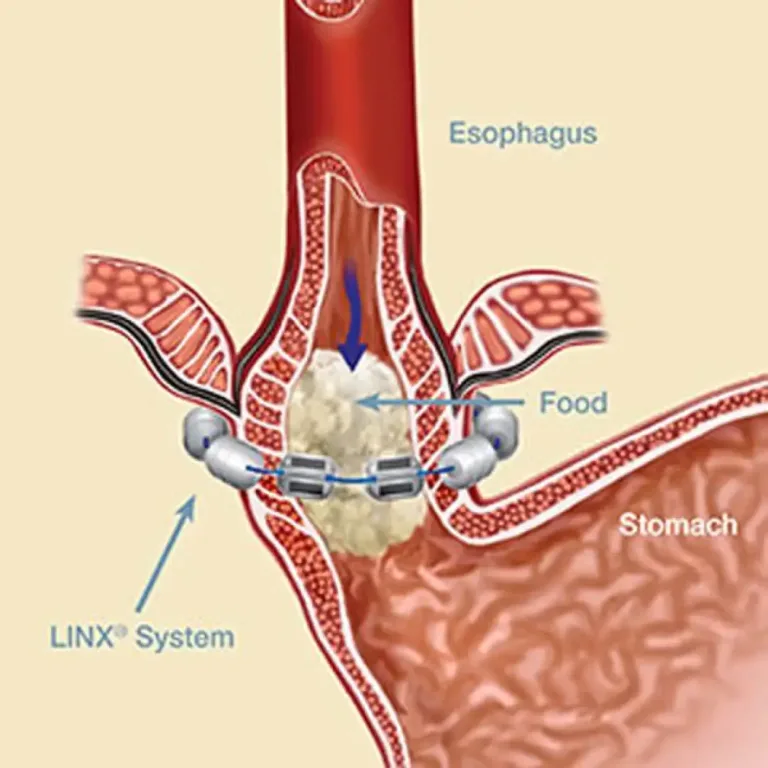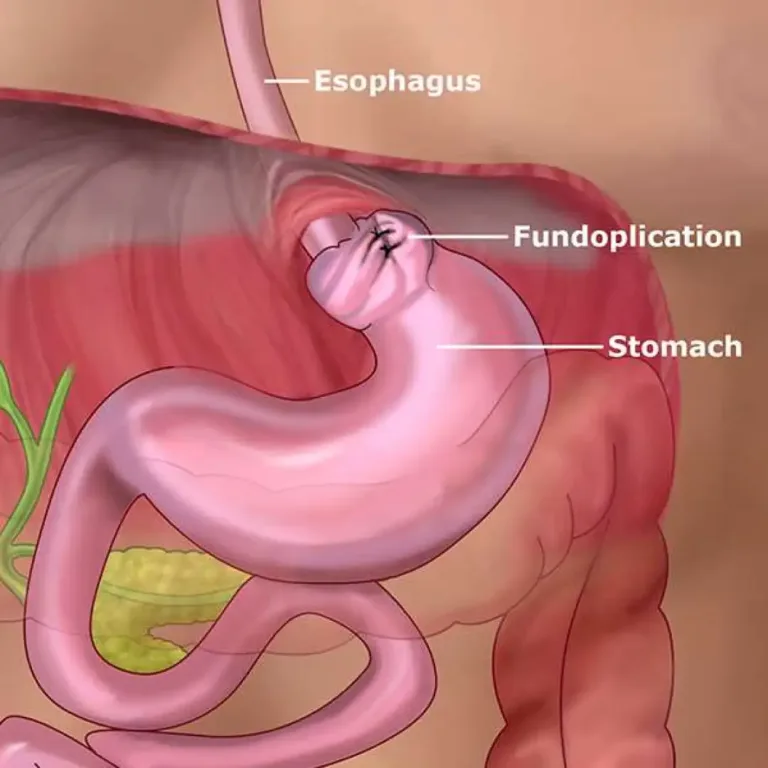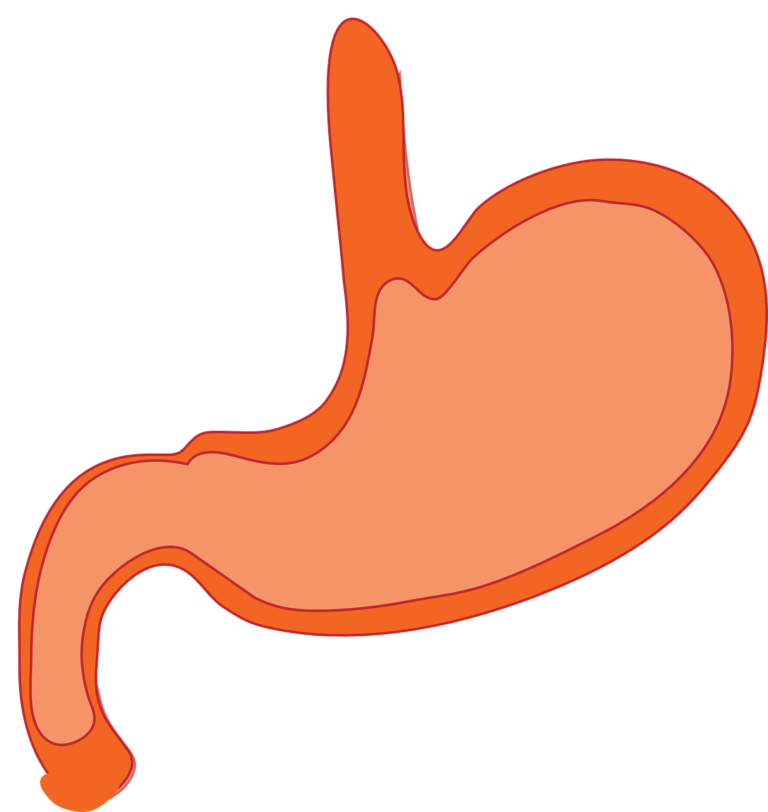Gastroesophageal reflux disease (GERD) is commonly associated with digestive discomfort, but its influence extends beyond the stomach. This brief article explores the intriguing link between GERD and respiratory health, shedding light on the potential impact on the lungs.
Reflux and Aspiration:
GERD can lead to the aspiration of stomach contents into the lungs, a phenomenon known as silent aspiration. This process may trigger respiratory symptoms such as coughing, wheezing, or even pneumonia, highlighting the intricate interplay between digestive and respiratory systems.
Chronic Cough and Asthma:
Persistent reflux can contribute to chronic cough, often misdiagnosed as unrelated respiratory issues. In some cases, GERD may exacerbate asthma symptoms, complicating the management of both conditions.
Protecting Respiratory Health:
Understanding the connection between reflux disease and lung health is vital. Lifestyle modifications, dietary changes, and medical interventions can help manage GERD, potentially alleviating its impact on respiratory function.
Conclusion:
GERD’s influence reaches beyond the stomach, affecting respiratory health in various ways. Recognizing the connection enables individuals and healthcare professionals to address both digestive and pulmonary aspects, fostering comprehensive care for a healthier, balanced life.





